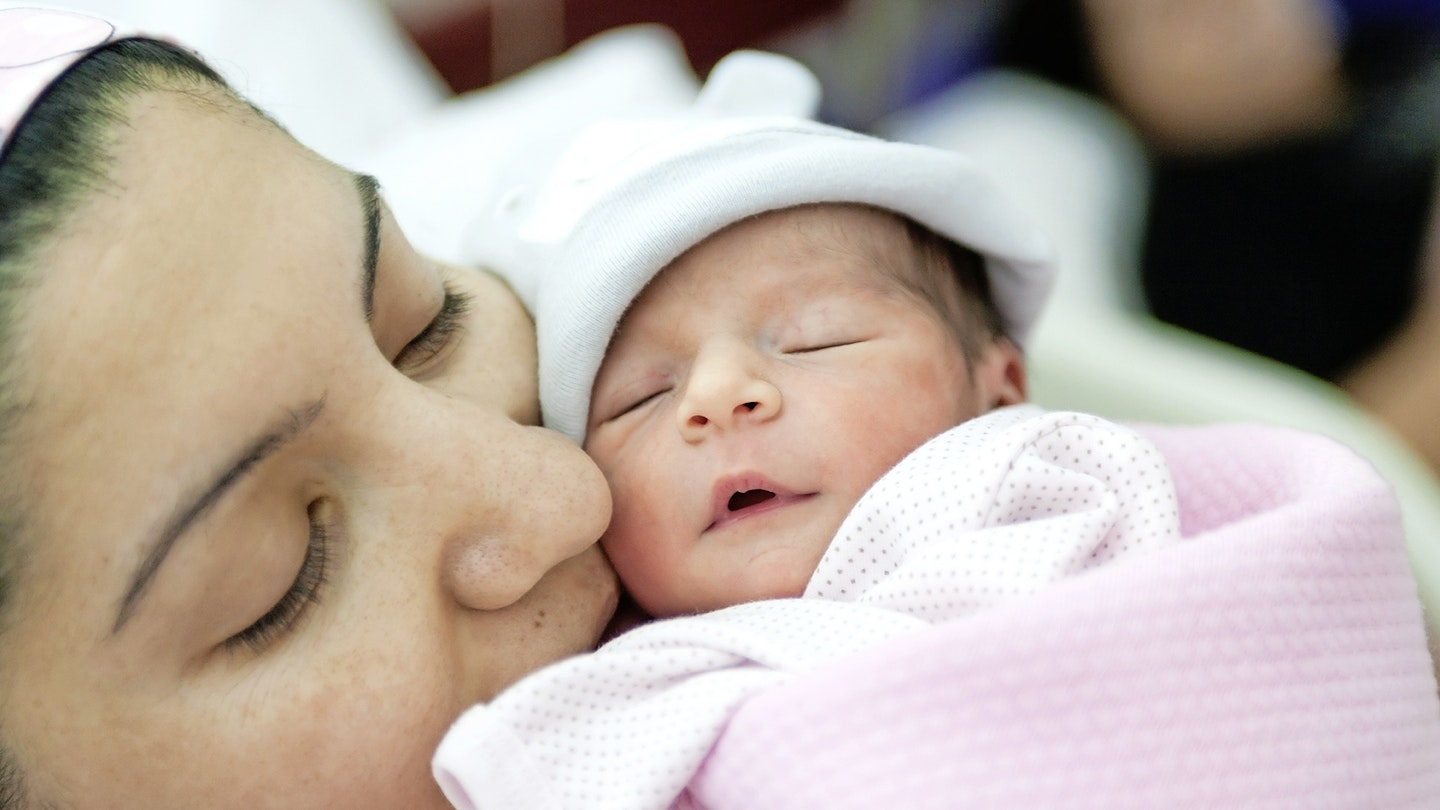Congratulations! You’ve made it through morning sickness, expanding waistlines, constant loo visits and energetic early-morning kicks. Your baby has finally made his long-anticipated entrance into the big, wide world.
In this article:
It’s the most incredibly special moment in life, but there’s so much to do – from getting your energy back post-birth to getting to grips with feeding – that you might blink and miss it!
Here's our comprehensive newborn baby guide to help you through this special, and sometimes stressful, time.
More related articles from Motherandbaby.com
-
Your hospital bag checklist: essentials to pack for labour, according to mums and experts
-
How to give yourself a pre-birth perineal massage (to reduce chance of tearing)
Newborn sleep
Your baby will pretty much just be snoozing when you bring them home from the hospital. We’re talking around 16 to 18 hours in every 24, although this varies and may be different if your baby was premature or there are any medical issues. It’s during this sleep that she’s physically and mentally developing.
Beginner breastfeeding
The NHS recommends breastfeeding your baby exclusively for their first six months. After that, you can combine your milk with the same foods you're eating. Go easy on yourself and always ask for help if you need it. If breastfeeding isn't suitable for you, there is no shame in bottle feeding.
Beginner bottle-feeding
Like most aspects of motherhood, this is a bit of a balancing act. If you’re able to breastfeed, most experts suggest waiting until your baby is three weeks old before trying a bottle. If you're struggling with breastfeeding, don't have enough milk or simply would just rather bottle -feed, there are loads of tips in our bottle-feeding guide.
Newborn hospital tests
Your newborn baby’s health will be checked immediately after birth. It’s hard to hand your precious baby over so soon after birth, but it’s a lot easier if you understand exactly what’s going on. The midwives and doctors will carry out a series of tests to check that your baby is healthy and happy.
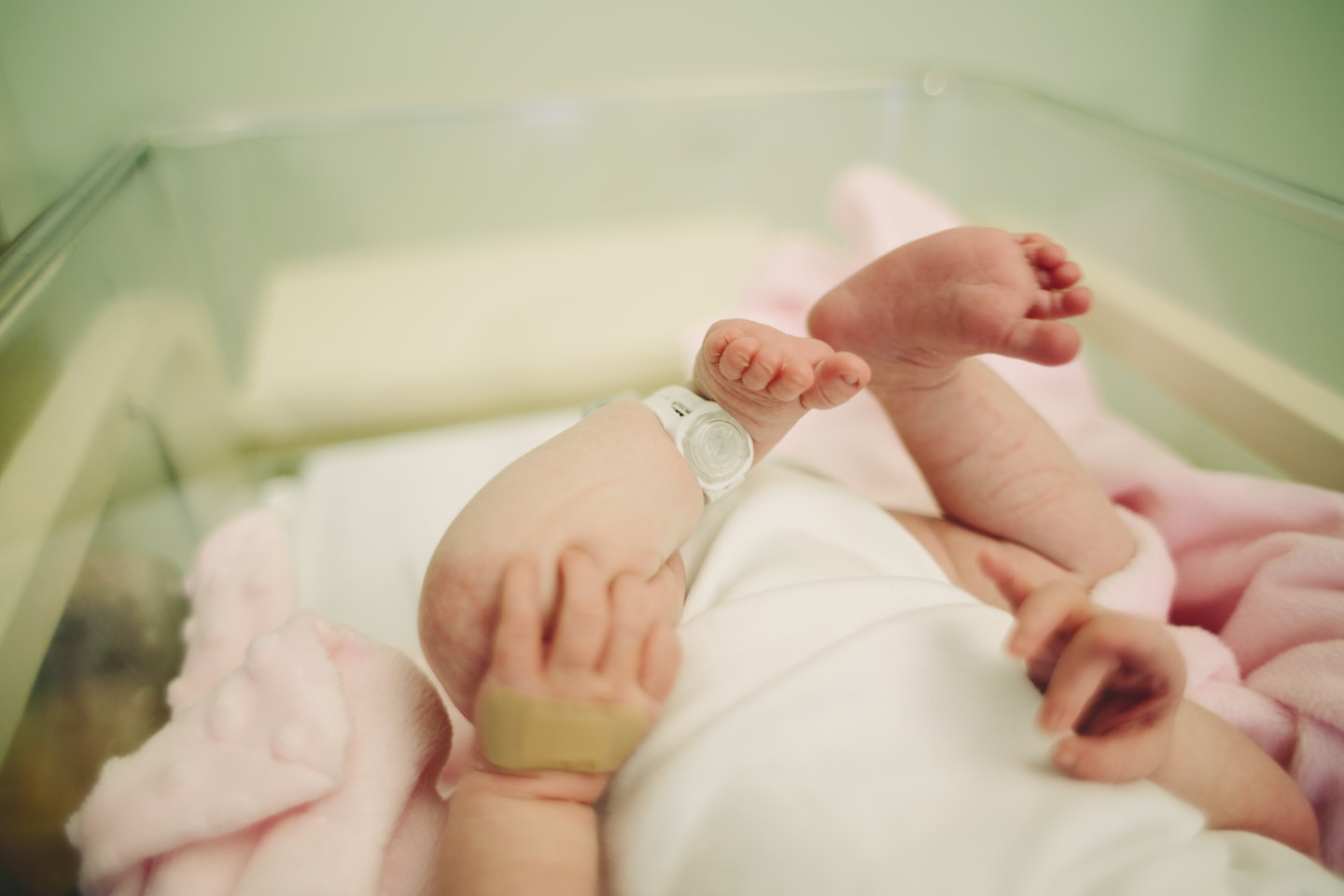
Understanding your newborn's crying
It might seem unbelievable, but there’s a growing body of research to suggest you may be able to decipher your baby’s cries. The research shows that babies, particularly when very young, use behavioural and vocal cues to let their parents know what’s wrong before breaking into tears. Find out more using our baby cry guide.
Swaddling newborns
Your baby was kept all snug and cosy while in your womb, so it’s no surprise that they'll enjoy that same feeling once born. That’s why swaddling – a practice that’s been carried out for thousands of years – can be an effective method of helping your baby to sleep.
Newborn poo
Worrying about your baby's health when you can tell something isn't quite right with them can be stressful. If your baby isn’t poo-ing as often as normal and seems distressed, they may be struggling with constipation.
Toys for newborns
As a newborn, your baby might not show too much interest in baby toys, no matter how bright or noisy they may be, but fast forward a couple of weeks and they definitely will.
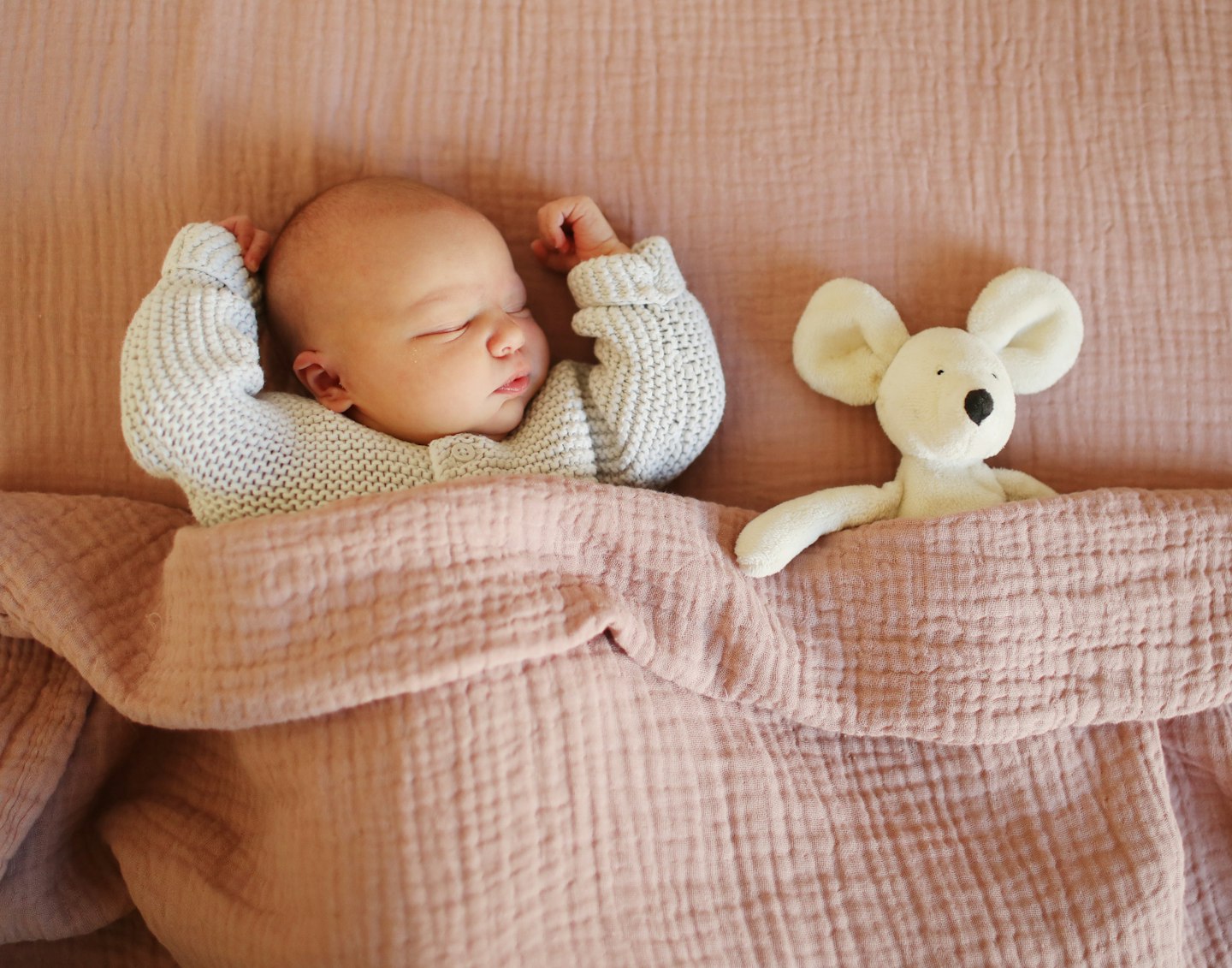
As well as the a practical guide to your few few days with a newborn, there are loads of emotional milestones too. We've set out a few of them below, from the first time you see your baby to how to deal with friends and family in the days and weeks after birth.
The first time you see your baby’s face
Take, for instance, the moment you first set eyes on your baby’s face. With the bustle of midwives around you, it’s easy to get distracted from that extraordinary ‘hello’. But don’t let these minutes slip away.
‘From the moment he’s born, your baby has an instinct to seek out a human face,’ says perinatal clinical psychologist Brenda McLackland. ‘Hold him so his face is near yours, and look at him from that very first moment. Remember it will be the first time he sees your face too.’
Life ‘on the outside’ can be a bit overwhelming for your baby, but you can make a real difference to how easily he adjusts. ‘Think about helping your baby to go “from womb to room”, by making his surroundings as familiar as possible,’ says Brenda.
‘Babies like familiar sounds, such as your voice or your partner’s, so talk to your child. He’s been listening to your voice from 20 weeks, in your womb, so he’ll recognise it and this familiarity will be calming for him. If you listened to particular music while you were pregnant then he’ll be familiar with those sounds too, so play it softly. Don’t use any scented products, which may mask your smell, which he’s so familiar with. And don’t introduce any toys just yet.’
Your first hours as a new mum
These early days aren’t just a big transition for your baby, though – morphing from a mum-to-be to an actual mum can take more than a bit of getting used to.
One feeling that you might not be expecting in these first few hours is missing being pregnant and experiencing your baby’s kicks. And while it was relatively straightforward to keep him safe when he was cushioned in your womb, some mums find they naturally feel anxious once their baby is no longer protected in this way.
‘Think this through in advance to prepare for that adjustment,’ suggests Brenda. ‘Imagine how it will feel once your baby is born, when you are holding him in your arms instead. You may temporarily miss him being inside you, and feel a little sad about that. And that’s OK.’
Bonding with your new baby
Brenda also advises mums not to worry if they don’t feel a bond straight away: ‘Some new mums do not feel an instant love for their baby, but connect over time, your love growing slowly as you get to know him. There may be parallels in the relationship you have with your partner. Some people believe in love at first sight, other people fall in love after getting to know each other a bit better.’
There are, however, lots of ways you can maximise your bond with your baby. And they’ll give you both the feel-good factor.
‘In the first few hours and days, help your baby to feel calm and safe with lots of gentle touch, soothing voices and eye contact,’ says Brenda. ‘Gentle baby massage, baby-wearing and warm, relaxing baths together will all help. Get your partner to do the same, so his bond also grows.’
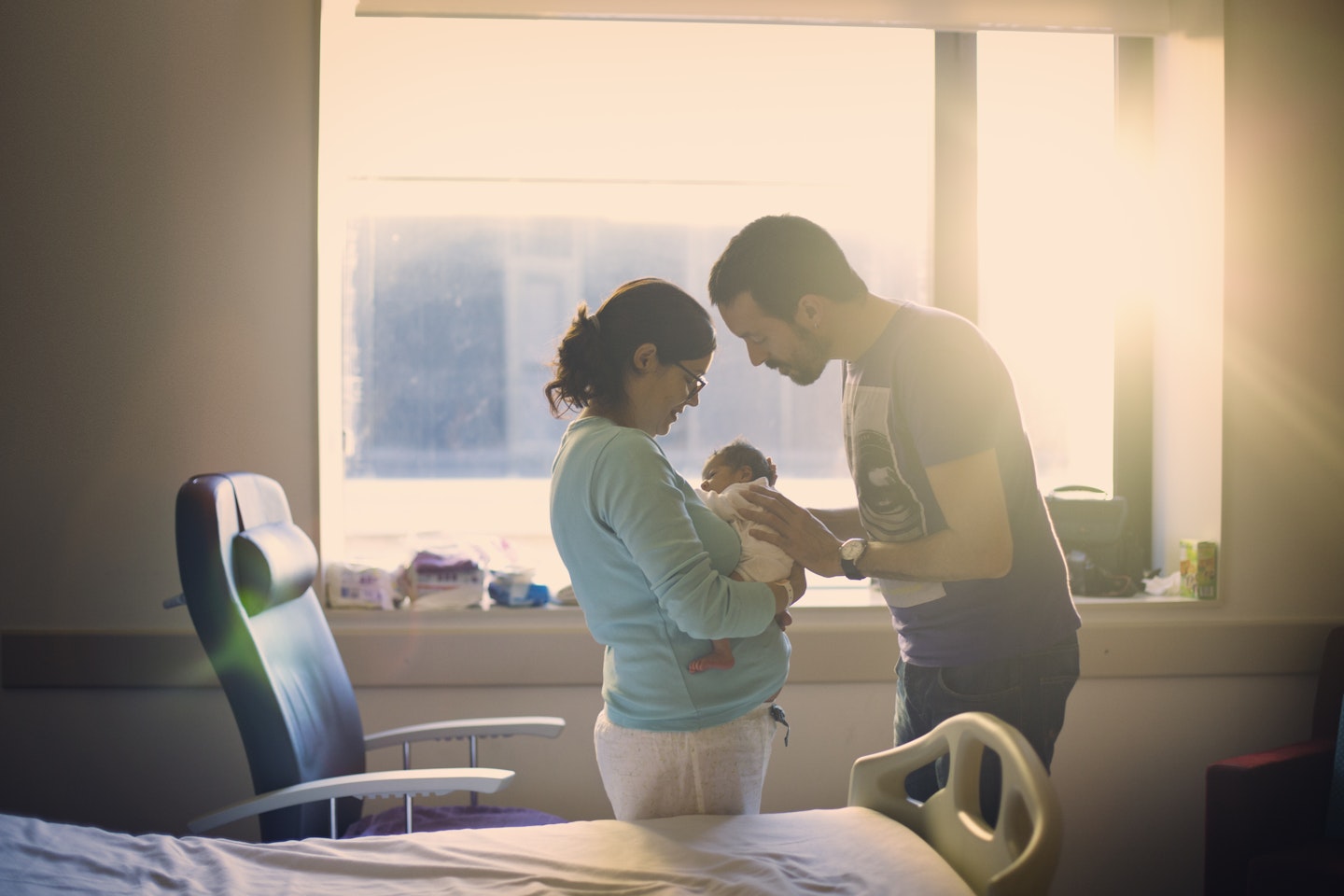
The first night with your new baby
The first night you spend with your baby will also be a memorable time – but don’t expect to spend it sleeping!
Your baby will need to feed little and often for the first two days, perhaps even every hour, because his stomach is only the size of a marble. But this is good news: if you’ve decided to breastfeed, then this regular feeding will prime your breasts for milk production.
Make sure you’ve got everything you need with you for these initial nights, so you can enjoy them. If you’re bottle-feeding, then set up a feeding station in the bedroom, so you don’t need to race off to the kitchen.
If you’re breastfeeding, then pop a tube of nipple cream, that doesn’t need to be rinsed off before feeding, on your bedside table. You’ll need to feed and hydrate yourself too, so a glass and a bottle of water are a must, as are nutrient-rich snacks such as bananas and grapes.
Position your baby’s cot or Moses basket next to your bed, and make sure you have a pile of pillows to prop yourself up to be comfortable for feeds.
Use these frequent feeds to practise latching your baby on to your breast. Your midwife will have shown you how to do this, but it’s a case of trial and error to begin with to find what works best for you and your baby. Try out some different positions, and see what feels most comfortable. ‘Feeding is a learning curve for both you and your baby,’ says Brenda, ‘so don’t worry if it takes a little while for you both to get it right.’
The ‘colostrum’ milk your breasts make to begin with is so concentrated that your baby only needs to manage to drink a tiny amount – a teaspoonful is just fine.
Your partner’s new role
Your partner may feel he hasn’t got a useful role at first, especially if you’re breastfeeding your baby. But that really couldn’t be further from the truth. ‘Work as a tag-team with your partner,’ says Brenda. ‘If you are looking after the baby, your partner needs to look after you, bringing you food and drink and making sure you’re comfortable. When your partner is looking after your baby, you look after him.’
One important job that should fall to your partner is visitor control. Because it’s not just you and your partner who’ve been excitedly waiting for your baby to arrive – all your family and friends are eager to meet your little one too. And while this support is lovely, it can also mean those first 48 hours are a blur of visitors.
‘Don’t be afraid to tell people that you need some time to get to know your baby, and you’ll let them know when you’re ready for visitors,’ says Brenda. ‘This is you and your partner’s time to enjoy with your baby. Most people will respect your wishes, even if it is difficult for them to contain their excitement.
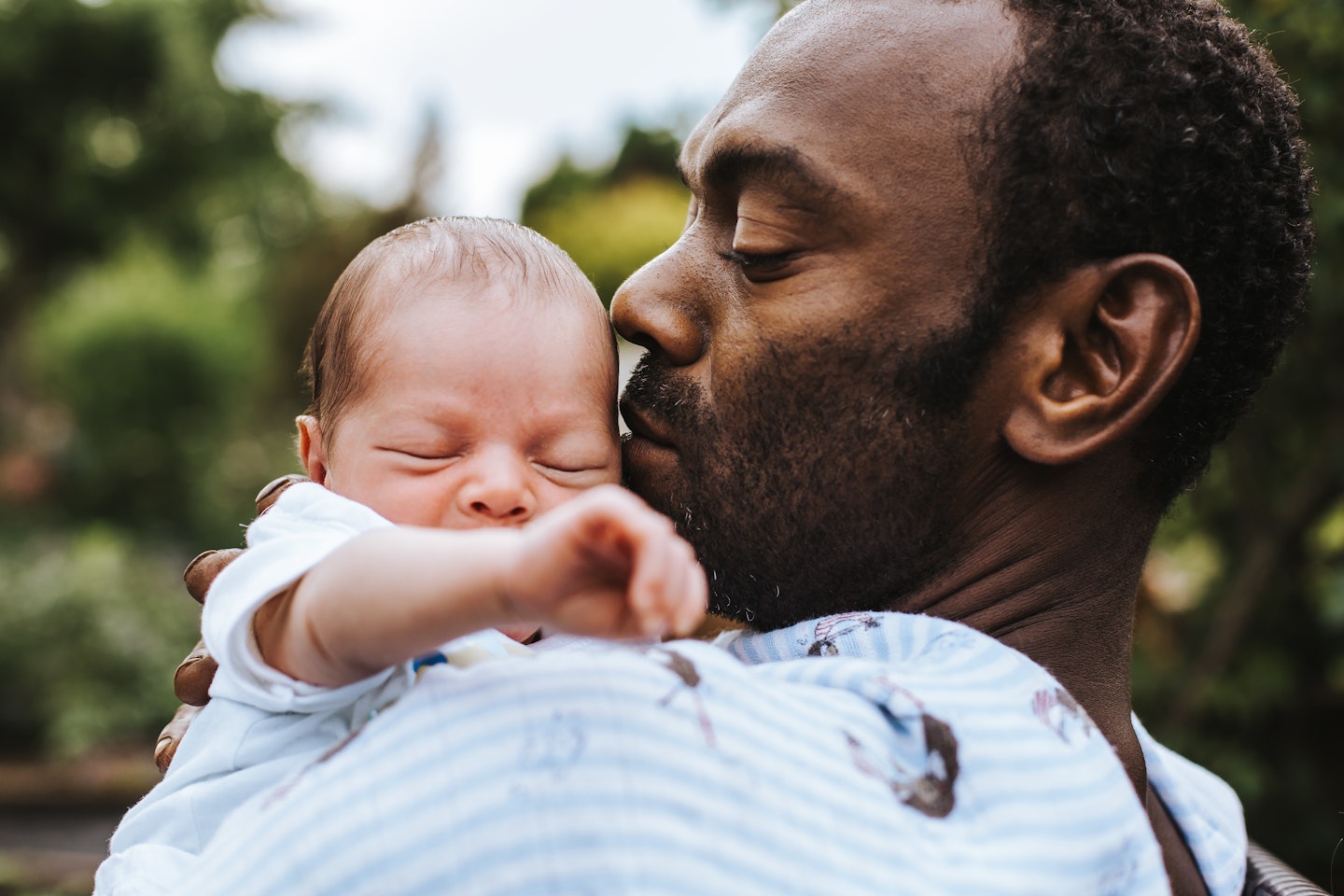
Accept help from friends and family
‘When you are ready to see people, draw on their support. Get them to roll up their sleeves, load your dishwasher, cook you some food and hold the baby while you have a shower. Share birth stories with your visitors too – talking about yours will establish yourself as a mum.’
But before you open the door, work out a ‘time out’ signal with your partner, so he can usher visitors out without you having to make polite excuses.
And take any advice from well-meaning friends and relatives with a pinch of salt. ‘Every baby is different – what works for one mum might not work for you,’ says Brenda. ‘In those first 48 hours, it’s all about getting to know your baby. Learn what soothes him and what makes him contented. And above all, don’t try to be perfect – just trust yourself that you will do the best job that you can.’
Care for yourself too
In the whirlwind of looking after your gorgeous newborn, it’s easy to forget that you need to care for yourself too.
‘Remember the phrase used on aeroplanes to “put your own oxygen mask on first before you try to help others”? This applies to new parenthood too, because if you don’t look after yourself, it will be much more difficult to care for your baby,’ says Brenda.
‘Take care of your emotional and physical health. Parents need to be nurtured themselves to help them love their baby. Boost each other’s confidence by saying, “You’re a fantastic mum, you’re doing a brilliant job” or “You’re the best dad our baby could possibly have”.’
Here are 9 things mums forget to do after having a baby (and you may not even realise it!)...
New mums
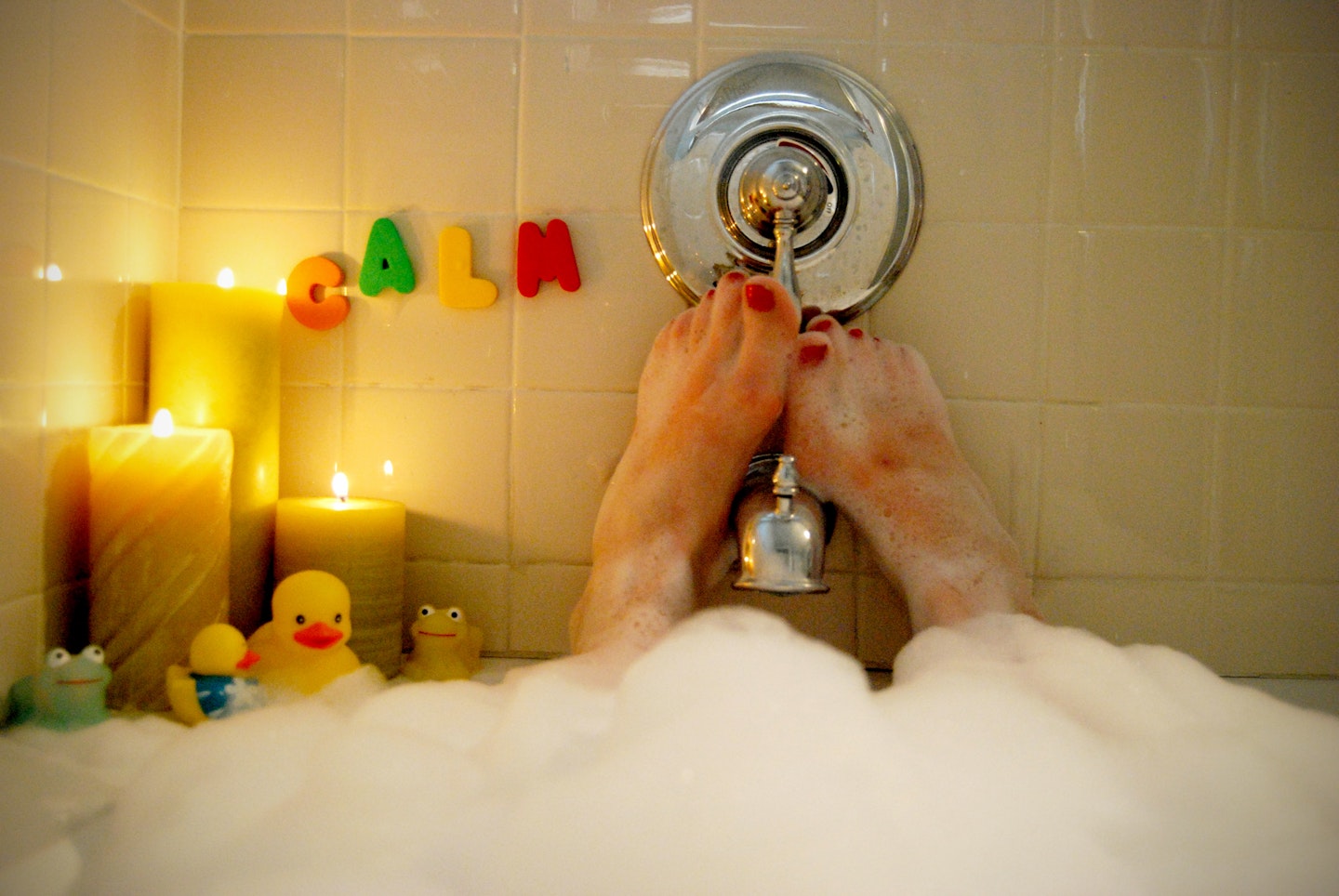 1 of 9
1 of 91) Use face masks
Before your baby was born, pampering yourself might have meant a few hours at a spa, enjoying the peace and quiet, but now pampering might mean getting an uninterupted shower.
Run a hot bath ready for when your little one goes down for a nap, or pop a facemask on and close your eyes for 10 minutes.
A little pamper every other day will make you feel a lot better, and with those baby cuddles... you won't even miss a spa break!
 2 of 9
2 of 92) Eat properly
As a new parent it's quite easy to fall into bad habbits with food, as grabbing a packet of crisps or chocolate bar out of the cupboard is easier and quicker than cooking lunch.
But it's important to remember to eat properly as eating healthy can give you a lot of energy and make you feel good. If you're struggling in the day to make proper meals, try preparing a few meals before you go to bed, such as salads or hearty pasta dishes.
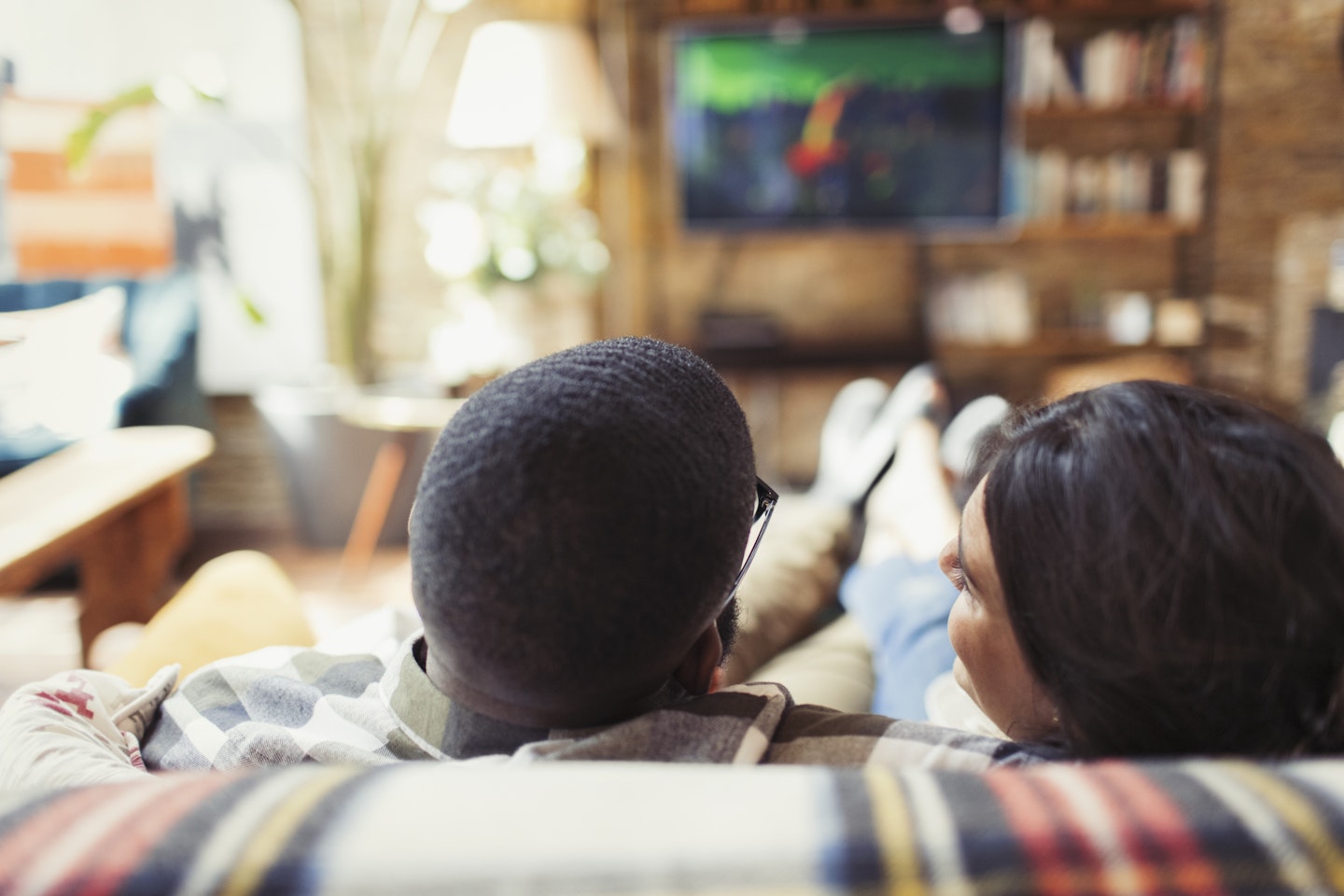 3 of 9
3 of 93) Spend time with your partner
With sleepless nights and understandably giving your baby all your attention, you might feel like your relationship becomes strainedor you forget to enjoy your partners company before heading to bed.
Don't forget who you are as a couple and set aside a night each week or month to spend with just the two of you, even if it is just a few hours watching a film on Netflix after you put your baby to bed.
 4 of 9
4 of 94) Drink your coffee while it's hot
Hot coffee is something a new mum can only dream about. If you make yourself a hot drink, it's quite easy to get distracted by something else, or your little one needs changing or feeding.
Buy a thermal cup to keep your drink hot, because every mum deserves to enjoy a hot cup of coffee and not find their cup sat on the table untouched after 2 hours(!)
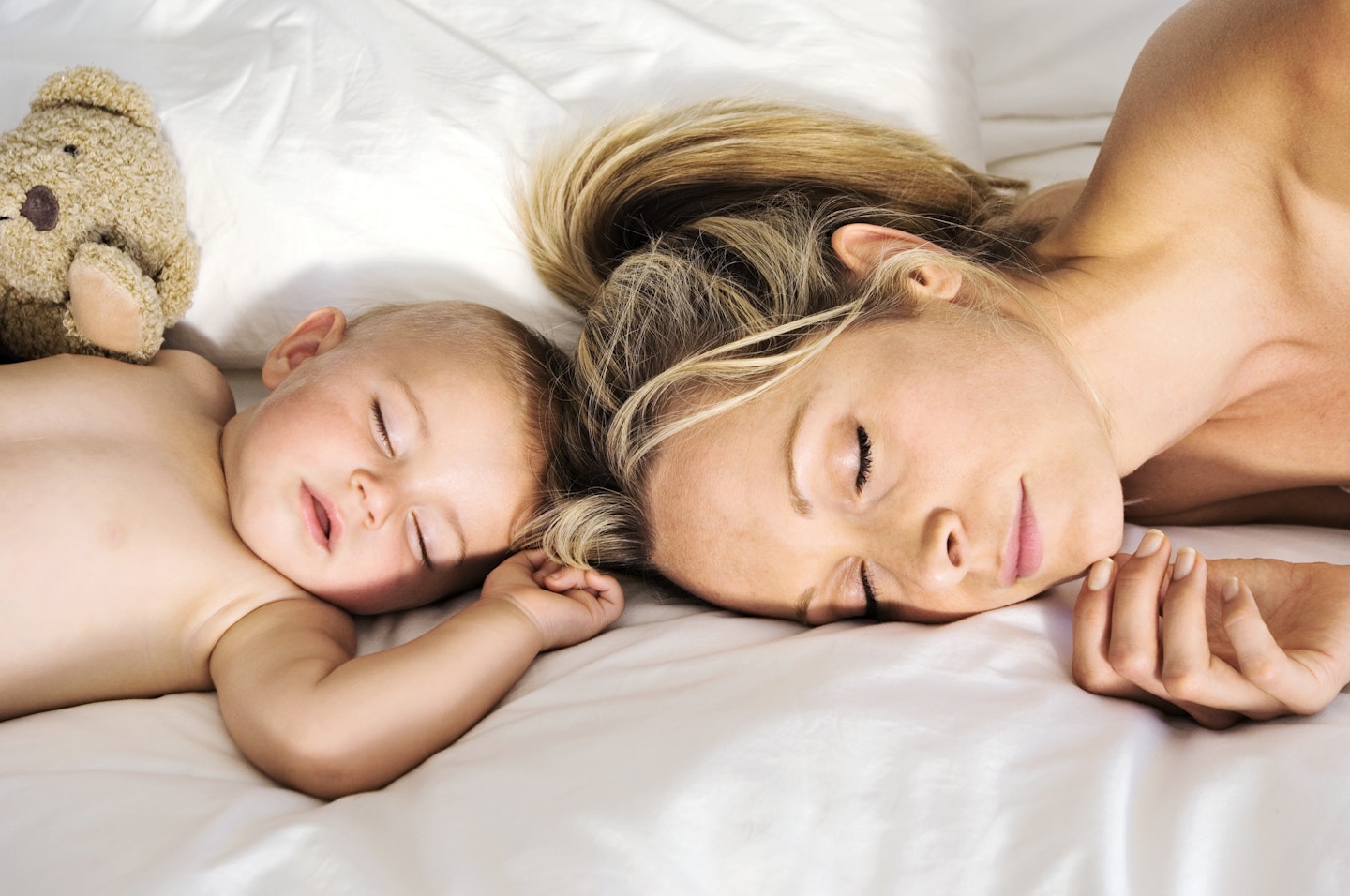 5 of 9
5 of 95) Sleep when baby sleeps
Before your baby was born, you were probably fed up of hearing "remember to sleep when the baby sleeps!"
But now your little one has arrived, those naps your promised yourself when your bundle of joy arrived are a distant dream. Instead of having a sleep, you probably feel like you need to tidy up or do a wash, but remember it's okay to leave everything and grab a couple of hours sleep.
You'll feel a lot more refreshed and ready to tackle that pile of dirty dishes after a nap!
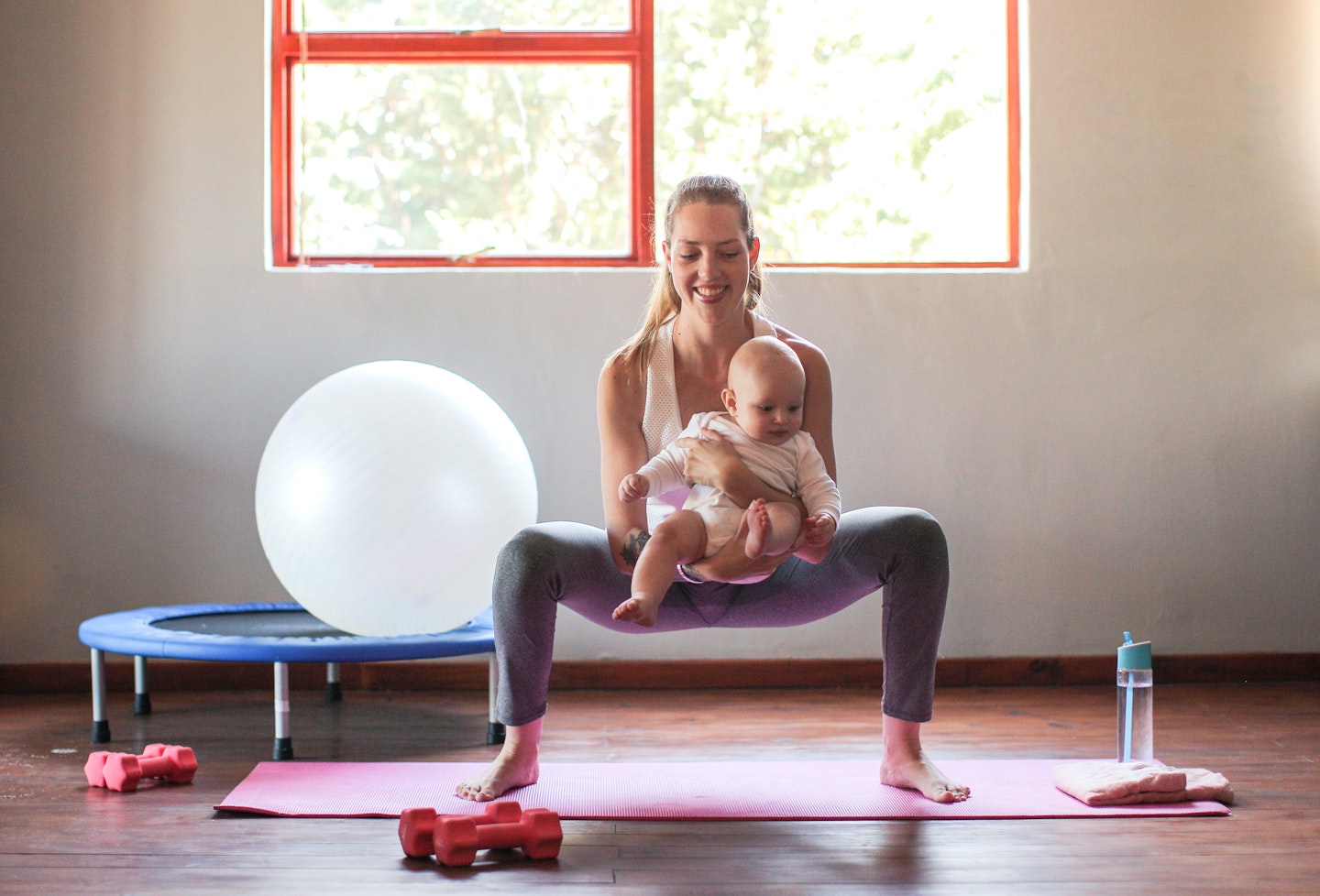 6 of 9
6 of 96) Exercise
Don't think of exercise as a way of just losing weight after having a baby, it's also a great way to maintain a healthy mind. You don't have to go to a gym either, you can simply go for a walk everyday with your little one or exercise at home by doing yoga, pilates and even some exercises that include your baby.
 7 of 9
7 of 97) Be kind to yourself
It's easy to compare yourself to other mums, especially on social media, and feel like you're not doing enough. Remember that you're doing an amazing job raising a beautiful little baby and it doesn't matter if theres a pile of washing that's been sat there a week, or that your pre-baby jeans don't fit, you're enjoying being a mum and that's all that matters.
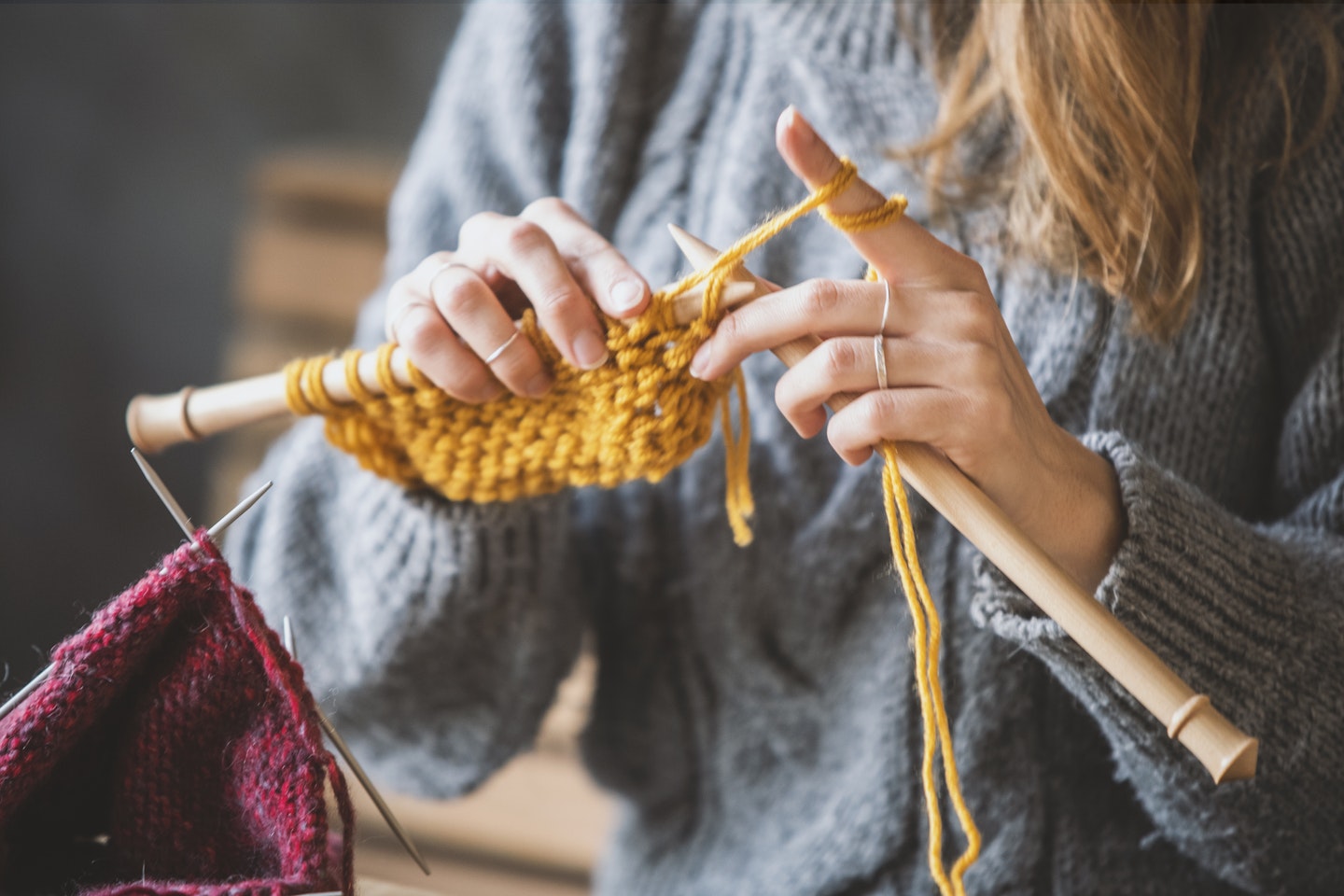 8 of 9
8 of 98) Remember your hobbies
Before being a mum, you were once you and you might have had hobbies such as knitting, playing an instrument or painting. Keep in touch with hobbies and set a few hours a side a week to enjoy them. If you're struggling for time, find a way to include them in your day such as playing an instrument to your little one, or if they're a bit older let them help you paint.
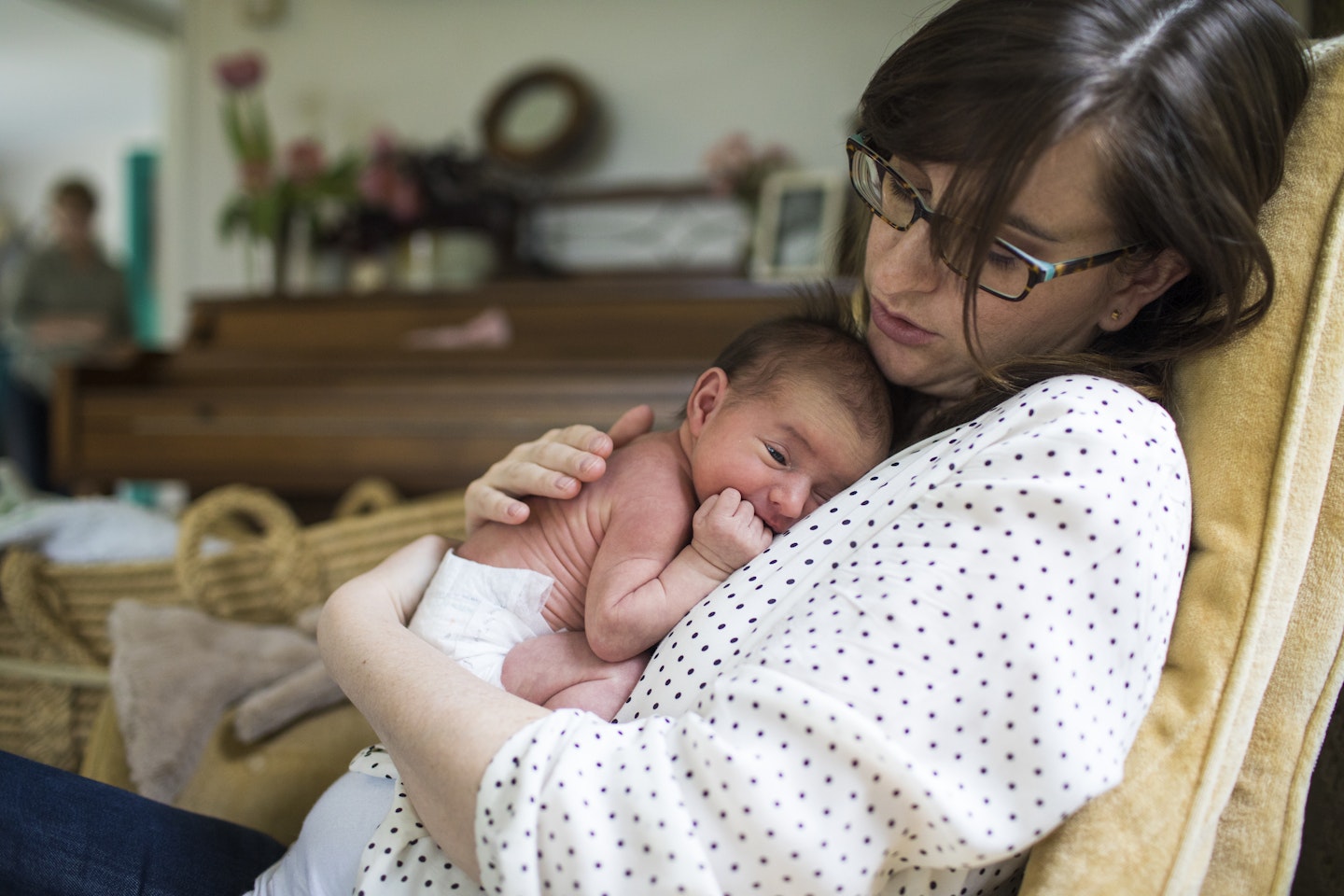 9 of 9
9 of 99) Take photos
When pregnant, you probably took a lot of pictures of your baby bump, but after your little one is born, they become the focus of all the pictures - and why wouldn't they?
ut instead of hiding behind photos because your hair is a bit messy or you've got a bit of baby sick on your top, embrace every moment with your newborn and make sure you encourage people to take photos of you and your baby.
Your hair might not be tidy but that's not important, in five years time you will really cherish those photos.
Have approx 60 seconds to spare? Why not join thousands of mums-to-be and start your very own Amazon baby wish list! They're absolutely free to create and perfect to send to the friends, aunties and your mum to make sure you're getting the baby products you really need...Click here!
